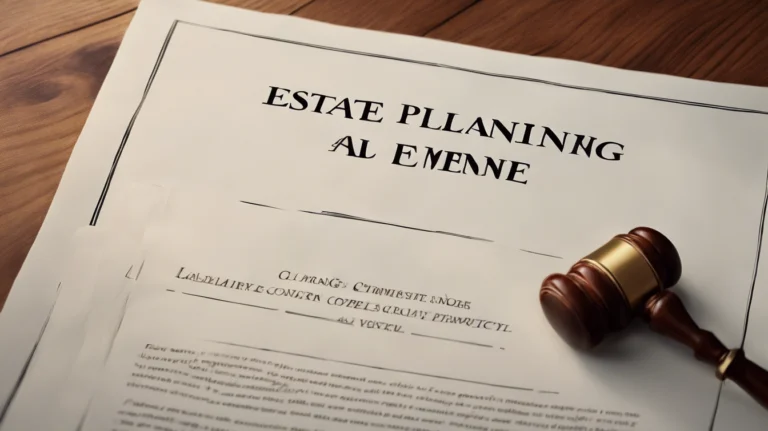
Estate Planning
Situations where you need estate planning attorneys in New York
Situations Where You Need an Estate Planning Attorney At Morgan Legal Group, located in New York City, we specialize in estate planning, probate, guardianship, elder
